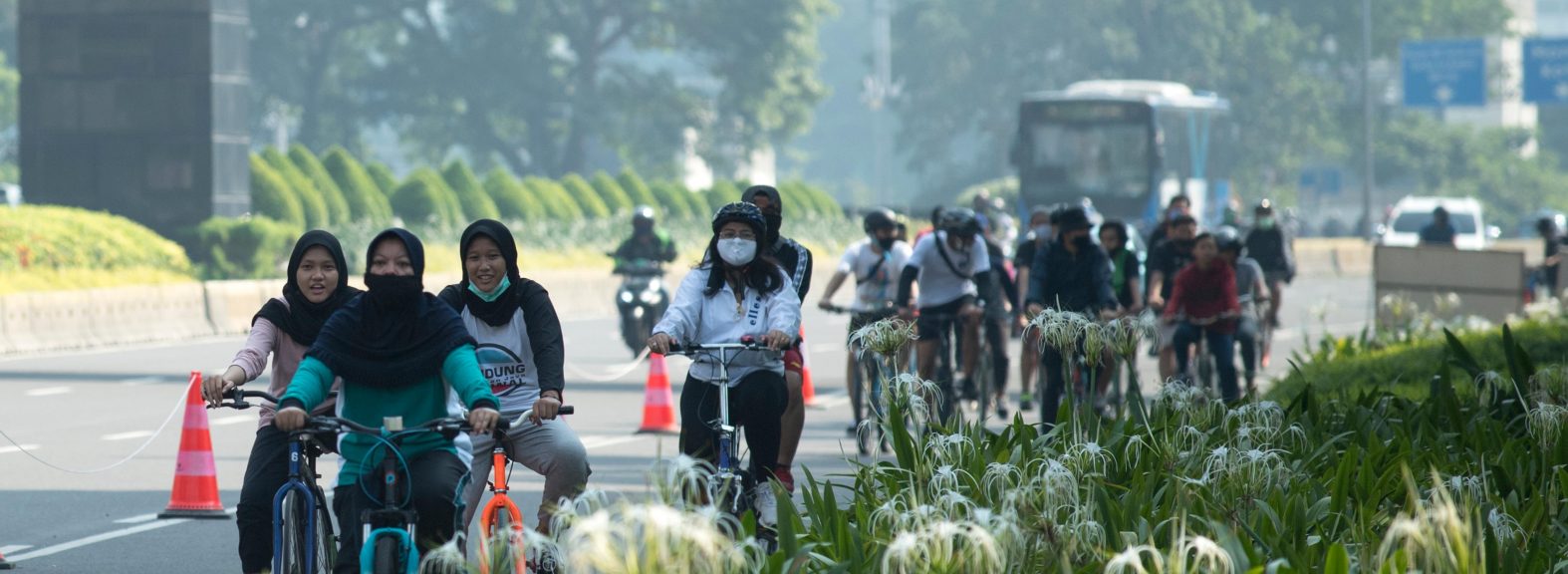When cities prosper, so do countries – how national governments can respond to COVID-19 through cities


Cities have been at the epicentre of the COVID-19 pandemic, but they also have great potential to stimulate economic activity whilst accelerating the transition to a resilient, equitable and low-carbon future.
The pandemic has shone a spotlight on cities as the confluence of people, economy and assets; when they stop working, so does the global economy. National government leadership and investment is critical to complement the green investments that mayors and local governments are making, or plan to make, within their urban recovery strategies to build a sustainable and resilient recovery.
Local authorities, especially in smaller cities, are typically reliant on national governments for major investments, and their finances are currently under severe strain. Many policies that enable and shape investments in cities are set at the national level, such as national planning guidelines, building energy codes and energy efficiency standards. As state and national governments are primarily responsible for at least one-third of urban mitigation potential globally, there is a unique opportunity for them to invest recovery packages to create the low-carbon, resilient, and inclusive cities of the future.
Our new paper, The Economic Case for Greening the Global Recovery through Cities, shows that investing in cities as part of COVID-19 recovery packages can help national governments create much needed economic security and jobs today, whilst making rapid strides towards a low-carbon, resilient, and inclusive future tomorrow.
Through seven priority areas for investment, national governments can yield substantial economic dividends, rapidly create and protect millions of jobs for vulnerable populations and deliver quick, durable and inclusive economic, health, and environmental benefits for their citizens, all whilst contributing to long-term urban resilience. The seven priority areas are: green construction and retrofits, clean mobility, renewable energy, active transport, nature-based solutions, waste and resources and R&D for clean technologies.
The paper provides actionable content focused on the ‘what’ and ‘how’ of a green recovery. It is co-authored by prominent experts from the African Centre for Cities, the Economic Change Unit, the International Centre for Climate Change and Development, LSE Cities, the Organisation for Economic Co-operation and Development, Vivid Economics, the World Resources Institute and the Coalition for Urban Transitions. It is funded by the Resilience Shift.